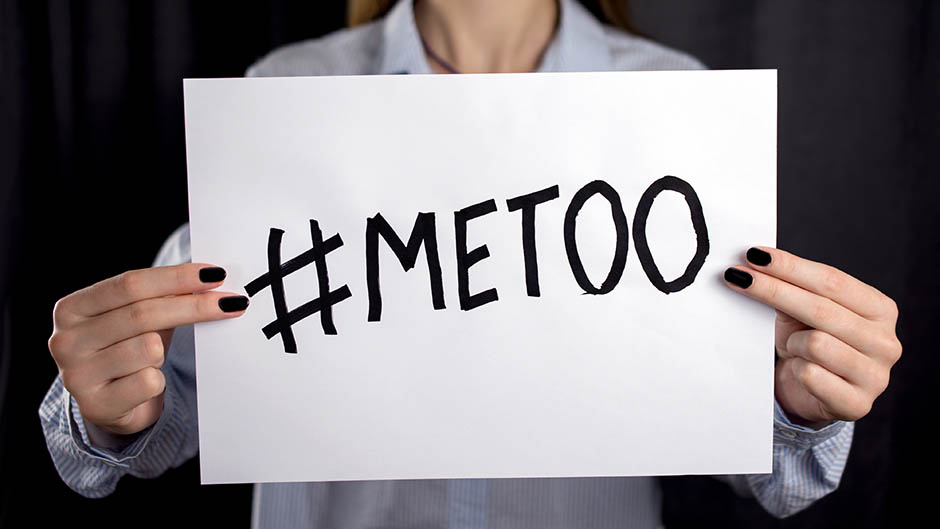Starting in late 2017, a social media hashtag grew into the #MeToo movement that empowered women to speak out against sexual harassment and abuse, resulting in the public downfall of several high-profile figures such as Harvey Weinstein and Matt Lauer. Since then, the heightened awareness has unified the voices of victims and brought a greater likelihood of accountability against perpetrators. Women continue to prove more willing and enabled to speak, as with the current sexual harassment and misconduct allegations against New York Gov. Andrew Cuomo.
Yet the possibility of unintended consequences in the workplace has begun to emerge. In a recent study, Michael T. French and Karoline Mortensen of Miami Herbert Business School and Andrew R. Timming of RMIT University in Melbourne, Australia found that men in managerial positions express a reluctance to engage in one-on-one interactions with female employees and are significantly less likely than women managers to mentor a female subordinate.
“In some ways, #MeToo spurred women to take control and be more present in decision-making processes for equal representation,” Mortensen says. “But workplace interactions might have been negatively affected by the reaction to the movement.”
The study consisted of two main surveys that depict likely reactions by women and managers in the United States to specific work settings. The first survey presented key questions to a total of 1,847 female employees. In the second survey, 109 male managers and 94 female managers answered questions pertaining to 12 photographs of hypothetical employees. In both cases, questions probed into scenarios such as working one-on-one, mentoring relationships, and working together on a project after regular work hours. No question referenced #MeToo directly to ensure meaningful responses without the influence of personal biases towards the now mainstream campaign.
The women employees expressed openness to mentorship opportunities, including business lunches and other informal exchanges, which may signify key means for connections that can help them climb the hierarchical organizational ladder. Respondents were also asked if their answers differ today from one to two years ago—when the social implications of the movement may not have been as pronounced. Answers indicated that women in the workplace may presently feel a higher comfort level with these interactions than in the past.
Men in managerial positions, however, reflected reticent behavior towards women subordinates, signaling unease and attempts to protect against false accusations. “Female employees are perhaps feeling empowered by #MeToo, whereas male managers seem to consider it safer to mentor a male employee,” French explains.
Interestingly, the authors expected to find that men would be even less willing to mentor attractive subordinates to avoid the risk of false claims, yet results suggest the contrary. Each photograph presented to the managers carried an attractiveness score as previously determined through a separate, independent survey. Managers, in general, reported more comfort and willingness to mentor a more attractive employee regardless of gender. The finding correlates with previous studies in the economics literature suggesting that a person’s appearance influences career outcomes.
“There is an attractiveness premium when it comes to salary and promotions,” French says. “We found that, even in the current environment, attractiveness trumps reluctance to mentor.”
While the mentoring that occurs potentially gives attractive employees an advantage, hesitancy by male superiors to mentor or informally network with female employees signifies a potential setback to career growth for many women.
“Oftentimes, men are in higher supervisory positions and women have to be mentored by some of them to reach the upper echelons of an organization,” French points out.
Women may have found a more unified voice, but must now contend with sometimes limited access to mentorship and networking opportunities.
Though the study is based on surveys and not actual observational data of manager-subordinate interactions, results provide some of the first glimpses into workplace dynamics amid an impactful yet still early #MeToo movement. As social changes continue to take effect, future studies will enable a deeper understanding of the movement’s impact on women’s careers. Meanwhile, the authors emphasize the importance of understanding the potential unintended consequences of a worldwide social movement.
“We need to be cognizant of our female employees and ensure that all workers get the support and mentorship that they need and deserve,” Mortensen says.
The article, ‘A Multivariate Analysis of Workplace Mentoring and Socializing in the Wake of #MeToo’ is published in Applied Economics (DOI: 10.1080/00036846.2021.1896673).

